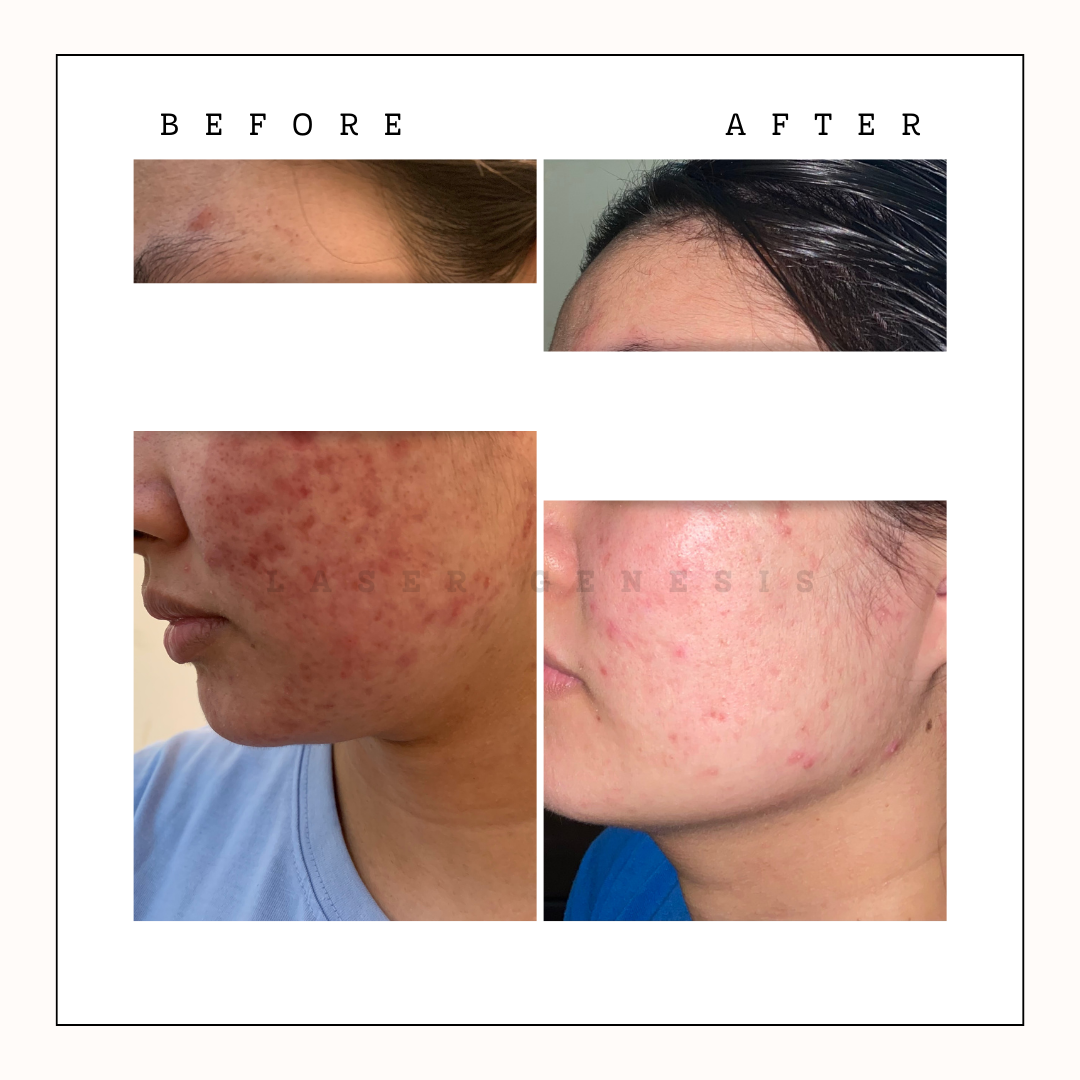Which One is it? The Difference Between Dry Vs. Dehydrated Skin
Does your skin ever get itchy and, you start to wonder, “Maybe I have dry skin?” Well, it’s not the best to assume. Instead of dry skin, you could have dehydrated skin. I know, you’re probably thinking, that they’re both the same thing so, the treatment should be the same. However, that is very wrong. Dry and dehydrated skin both have their individual problems and solutions.
What’s the Difference?
Despite what some people think, dry and dehydrated skin are two very different things:
Dry Skin
Dry skin is a skin type that can’t change but can be improved. If your skin is dry, then that means it lack soil. It is due to inadequate sebum production. As your skin doesn’t have enough natural oils that it needs, it leads to dryness. A person usually gets dry skin because of genetics.
Symptoms of dry skin include:
· Flaky and Scaly
· Redness
· Irritation
Dehydrated Skin
Dehydrated skin is a temporary skin condition. If your skin is dehydrated, then that means it lacks water and overproduces oil. What causes dehydrated skin is external elements. If the weather outside is cool and dry, it can evaporate the water in your skin quickly, which can make your skin feels tight. One of the biggest causes is if you don’t drink enough water or water-based foods. A person can have oily, dry, or combination skin and have dehydrated skin at the same time.
Symptoms of dehydrated skin include:
· Dull
· Sensitive
· Itchy
· Dark under-eyes
How to Treat and Take Care of Dry and Dehydrated Skin
Both dry and dehydrated skin both require their own specific treatments.
Dry Skin
Some treatments that are used to help those with dry skin include:
· Lactic Acid Chemical Peel– lactic acid is a great ingredient when it comes to improving the skin’s moisture level and makes it feel less dry. It can also help those with fine lines, sunspots, and melasma.
· Glycolic Acid Chemical Peel –glycolic acid is a powerful exfoliant and can draw moisture to itself. It can hydrate the skin and help it to retains its moisture. It can also be used to help remove blackheads and whiteheads.
To care for dry skin, it is best to use a gentle cleanser on your face. Avoid cleansers that can cause irritation and dry your skin out even more. Adding on, you should also use warmer water and avoid long showers. Make sure to moisturize your skin right after you wash it. If you don’t moisturize your skin, it can become dry to the point that it starts flaking.
Dehydrated Skin
A treatment used to help those with dehydrated skin include:
· Microdermabrasion – there are various laser treatments that can be used to help your dehydrated skin but the one that would be the most effective is microdermabrasion. It exfoliates the skin and gets rid of and dead skin cells. It leaves you with softer skin.
To improve dehydrated skin, you need to make changes to your lifestyle. Start with changing your diet. Firstly, drink more water. If you aren’t fond of drinking water, resort to consuming more water-based foods and fatty acids. Cucumber, broccoli, tomatoes, and avocados are examples of some foods that can help improve your skin condition.
Excessive alcohol drinking can lead to dehydrated skin. It causes a decrease in the production of an antidiuretic hormone in which you lose more body fluid. You don’t have to cut it out completely, but learn how to drink in moderation.
Ingredients and Skincare Products to Use
Looking for products to use on your dry or dehydrated skin? Here are some ingredients you should look out for and our recommendations!
Dry Skin
While looking for products for your dry skin, it is best to buy products that contain these ingredients:
· Lactic Acid: this ingredient can get rid of dead skin cells improving your skins tone and complexion. It can hydrate the skin and helps with lightening hyperpigmentation. As stated before, it can also reduce the appearance of fine lines and wrinkles.
· Aloe Vera: this ingredient is great for soothing red and irritated skin. It absorbs easily and can help seal moisture into your skin.
· Glycerin: this is an amazing ingredient that locks in your skin’s natural moisture and prevents it from drying.
Our Recommendations:
· AlumierMD – HydraBoost
· Corpa Flora – Antidote 03 - Redness Relief
Dehydrated Skin
Searching for effective products for your dehydrated skin can be difficult, before you buy something make sure it contains these ingredients:
· Hyaluronic Acid: this ingredient is effective for those with dehydrated skin. It can enhance your skin’s moisture content. It can attract and hold up to 1,000 times its weight in water. Adding on, it can improve your skins hydration and elasticity as well as reduce the appearance of fine lines and wrinkles.
· Niacinamide: this ingredient is a form of Vitamin B3 and can soothe irritated skin. It increases the levels of ceramides, cholesterol, and fatty acids in your skin. It improves the appearance of acne scars, fine lines, and wrinkles.
Our Recommendations:
· AlumierMD – Ultimate Boost Serum
· Corpa Flora – Antidote H+ Hydration
Everybody's skin is different, contact us for a free consultation and personal recommendation! Book your appointment today!
Phone: (905) 891-3833
Email: lasergenesis@gmail.com
.avif)
.avif)




